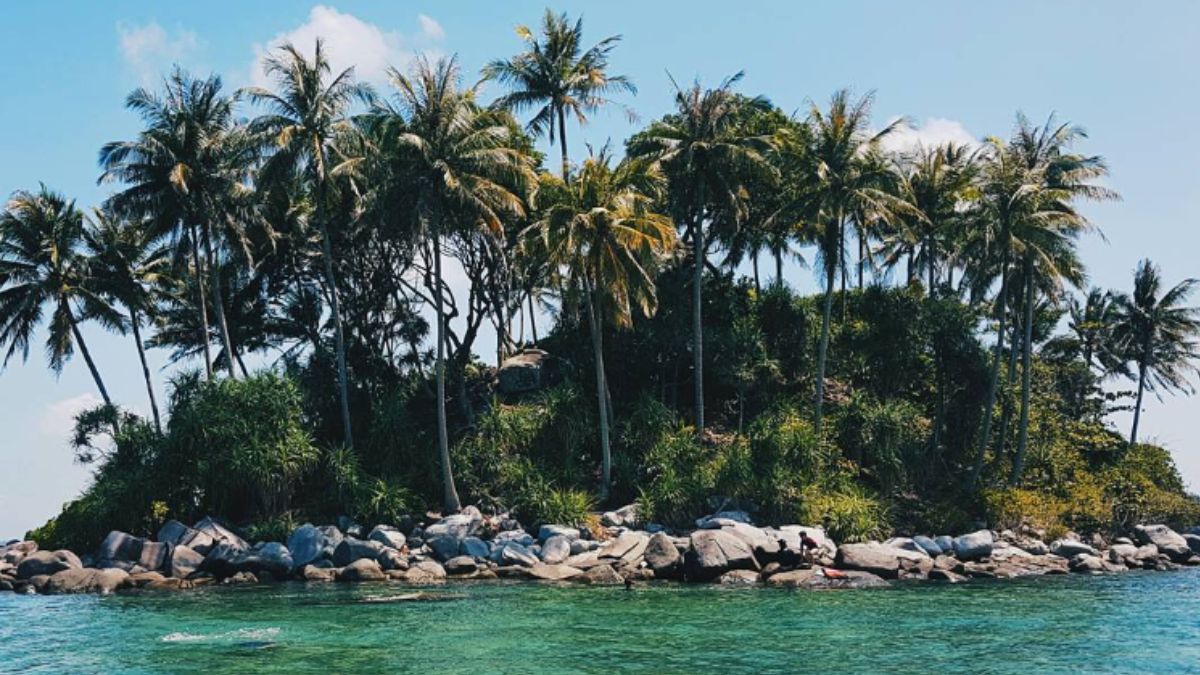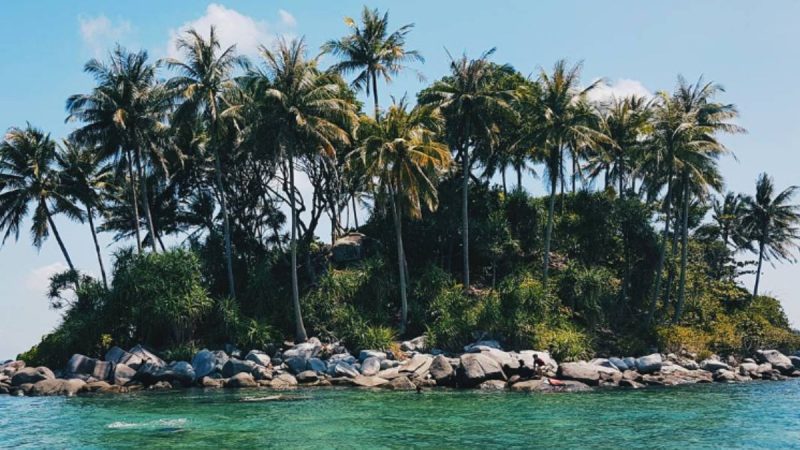In a bid to preserve its precious marine environment, Thailand has taken the drastic step of closing Pling Island in southern Thailand. The Department of National Parks, Wildlife and Plant Conservation (DNP) announced the closure on Thursday after discovering extensive coral bleaching.
Island Closed To Combat Extensive Coral Bleaching
View this post on Instagram
Coral bleaching occurs when stressed corals expel the algae living within them, which are vital for their health and vibrant colours. This phenomenon is typically triggered by rising sea temperatures and increased ultraviolet radiation, both of which can be linked to climate change. The closure comes after a recent heatwave that saw temperatures soar across Thailand and Asia. The DNP deemed the situation critical for Pling Island and the surrounding coral reefs within Sirinart National Park in Phuket.
This isn’t the first time Thailand has taken action to protect its coral reefs. In 2018, the world-famous Maya Bay, made popular by the film “The Beach,” was closed for over four months to allow its ecosystem to recover from tourist pressure.
Also Read: Amidst Climate Crisis, Lakshadweep’s Once-Bustling Coral Reefs Now Face Existential Threat
Thailand’s Proactive Approach
View this post on Instagram
The closure of Pling Island demonstrates Thailand’s commitment to striking a balance between tourism and environmental protection. Corals can recover from bleaching if given a chance. By limiting human activity around the reefs, the hope is to allow the algae populations to return and for the corals to regain their health.
The DNP is also closely monitoring other national parks for signs of coral bleaching. This proactive approach highlights Thailand’s growing concern for its marine ecosystems. While the closure may cause inconvenience for some tourists, the long-term benefits are undeniable. Healthy coral reefs are essential for marine biodiversity, providing food and shelter for countless fish species. They also act as natural breakwaters, protecting coastlines from erosion.
The plight of Pling Island being Closed serves as a stark reminder of the challenges facing coral reefs worldwide. Thailand’s decisive action sets an example for other nations grappling with the impacts of climate change on their marine environments.
Cover Image Courtesy: @yotaka_/ Instagram
For more such snackable content, interesting discoveries and the latest updates on food, travel and experiences in your city, download the Curly Tales App. Download HERE. First Published: May 10, 2024 4:51 PM




